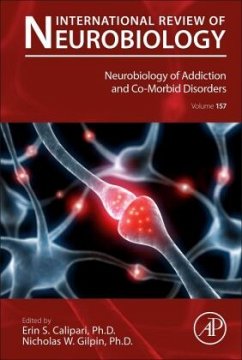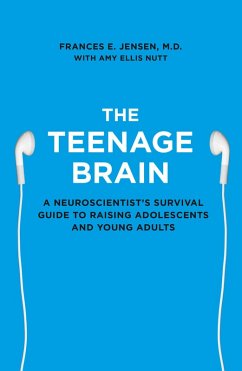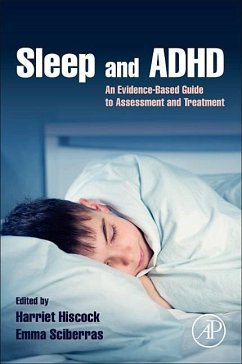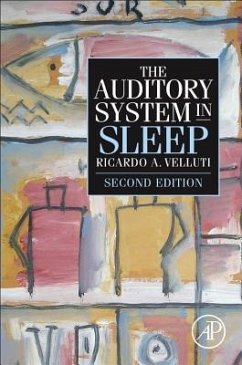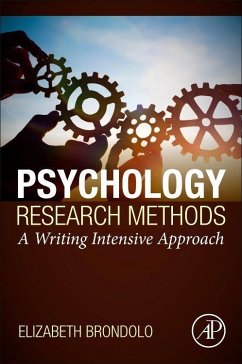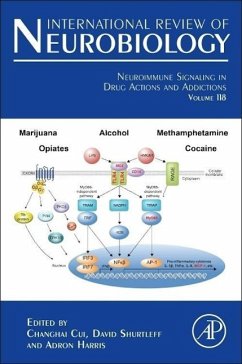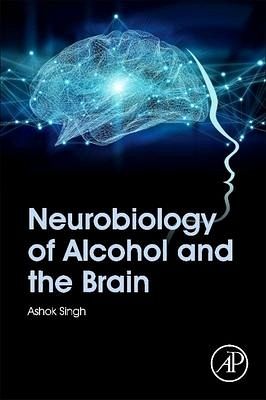
Neurobiology of Alcohol and the Brain

PAYBACK Punkte
57 °P sammeln!
According to the 2018 National Survey on Drug Use and Health, 14.4 million adults aged 18 and older had alcohol use disorder (AUD). Mixing alcohol with other drugs such as opioids or cocaine has become an emerging trend, exacerbating public health concerns and may synergistically augment the seriousness of the adverse effects such as withdrawal symptoms, cardiovascular disorders, liver damage, reproductive abnormalities, and behavioral abnormalities.Despite the seriousness of the situation, possible mechanisms underlying the addiction and the withdrawal symptoms is not yet understood. This has...
According to the 2018 National Survey on Drug Use and Health, 14.4 million adults aged 18 and older had alcohol use disorder (AUD). Mixing alcohol with other drugs such as opioids or cocaine has become an emerging trend, exacerbating public health concerns and may synergistically augment the seriousness of the adverse effects such as withdrawal symptoms, cardiovascular disorders, liver damage, reproductive abnormalities, and behavioral abnormalities.
Despite the seriousness of the situation, possible mechanisms underlying the addiction and the withdrawal symptoms is not yet understood. This has been one of the key hindrances in developing effective treatment. Neurobiology of Alcohol and the Brain addresses the addiction-related problems reviewing both the mechanisms and withdrawal system with alcohol addiction. First, the book discusses the mechanisms of the rewarding and aversive effects, including addiction and the withdrawal symptoms of alcohol drinking. Next, alcohol's interaction with other drugs and ensuing adverse consequences is discussed including current and novel treatments against alcoholism. This is followed by a closer look at mental health and alcohol use disorder comorbidity. Lastly, the reader is provided with examples of an experimental study that describes possible protective effects of gold nanoparticles against alcohol addiction in rats subjected to alcohol self-administration. Neurobiology of Alcohol and the Brain will unlock the mechanistic diversities of alcoholism helping to facilitate future developments of new, personalized treatment options for patients suffering from alcohol addiction.
Despite the seriousness of the situation, possible mechanisms underlying the addiction and the withdrawal symptoms is not yet understood. This has been one of the key hindrances in developing effective treatment. Neurobiology of Alcohol and the Brain addresses the addiction-related problems reviewing both the mechanisms and withdrawal system with alcohol addiction. First, the book discusses the mechanisms of the rewarding and aversive effects, including addiction and the withdrawal symptoms of alcohol drinking. Next, alcohol's interaction with other drugs and ensuing adverse consequences is discussed including current and novel treatments against alcoholism. This is followed by a closer look at mental health and alcohol use disorder comorbidity. Lastly, the reader is provided with examples of an experimental study that describes possible protective effects of gold nanoparticles against alcohol addiction in rats subjected to alcohol self-administration. Neurobiology of Alcohol and the Brain will unlock the mechanistic diversities of alcoholism helping to facilitate future developments of new, personalized treatment options for patients suffering from alcohol addiction.




